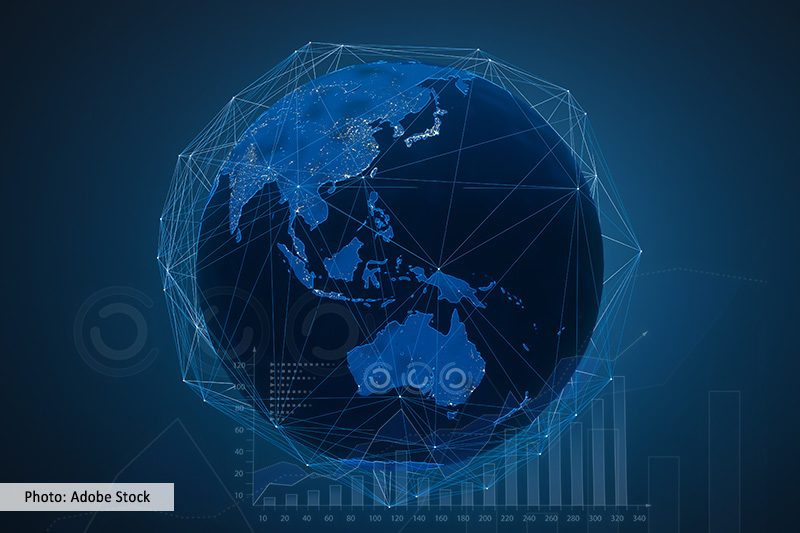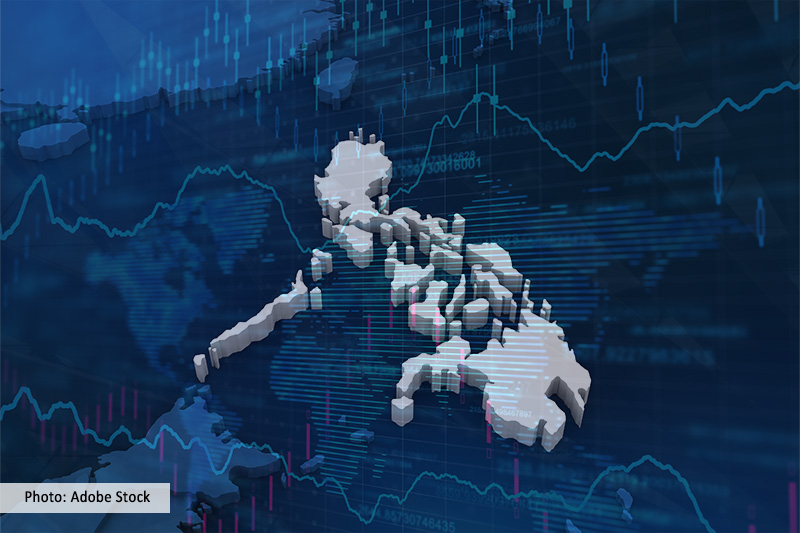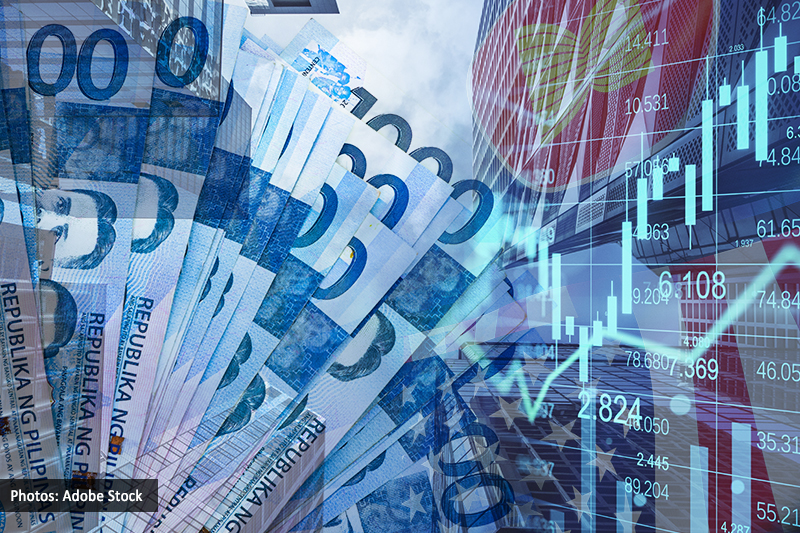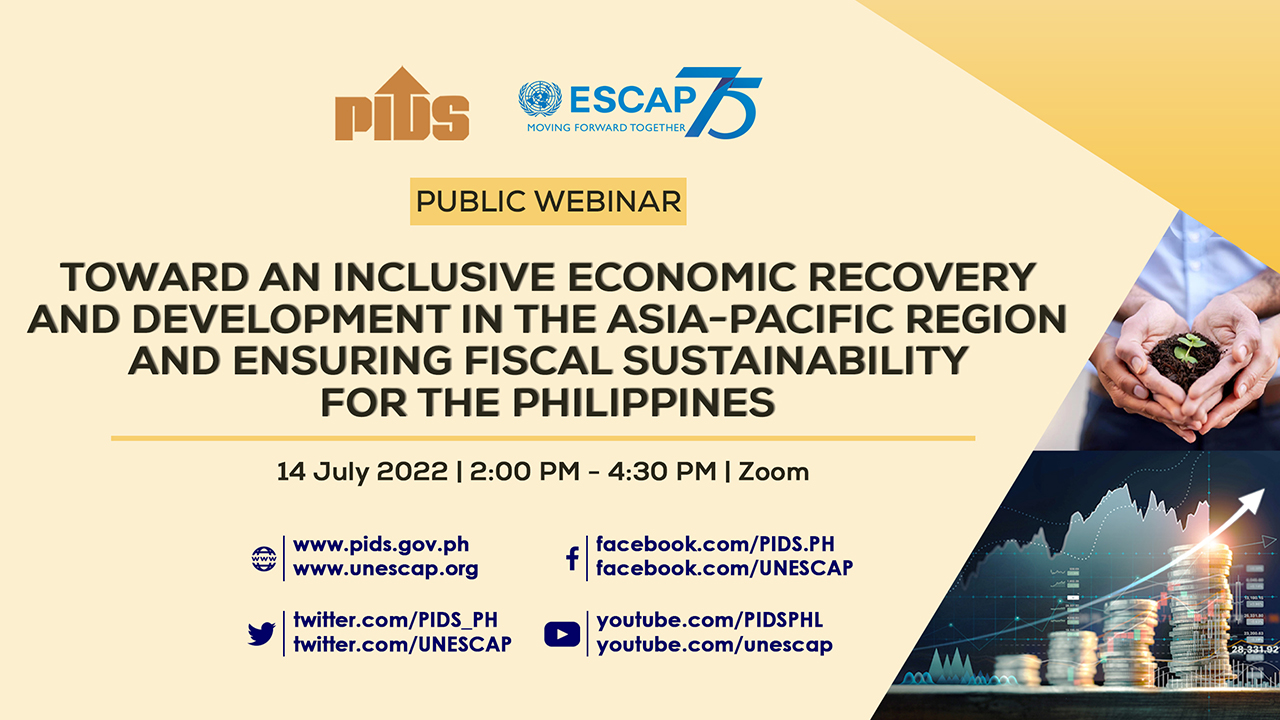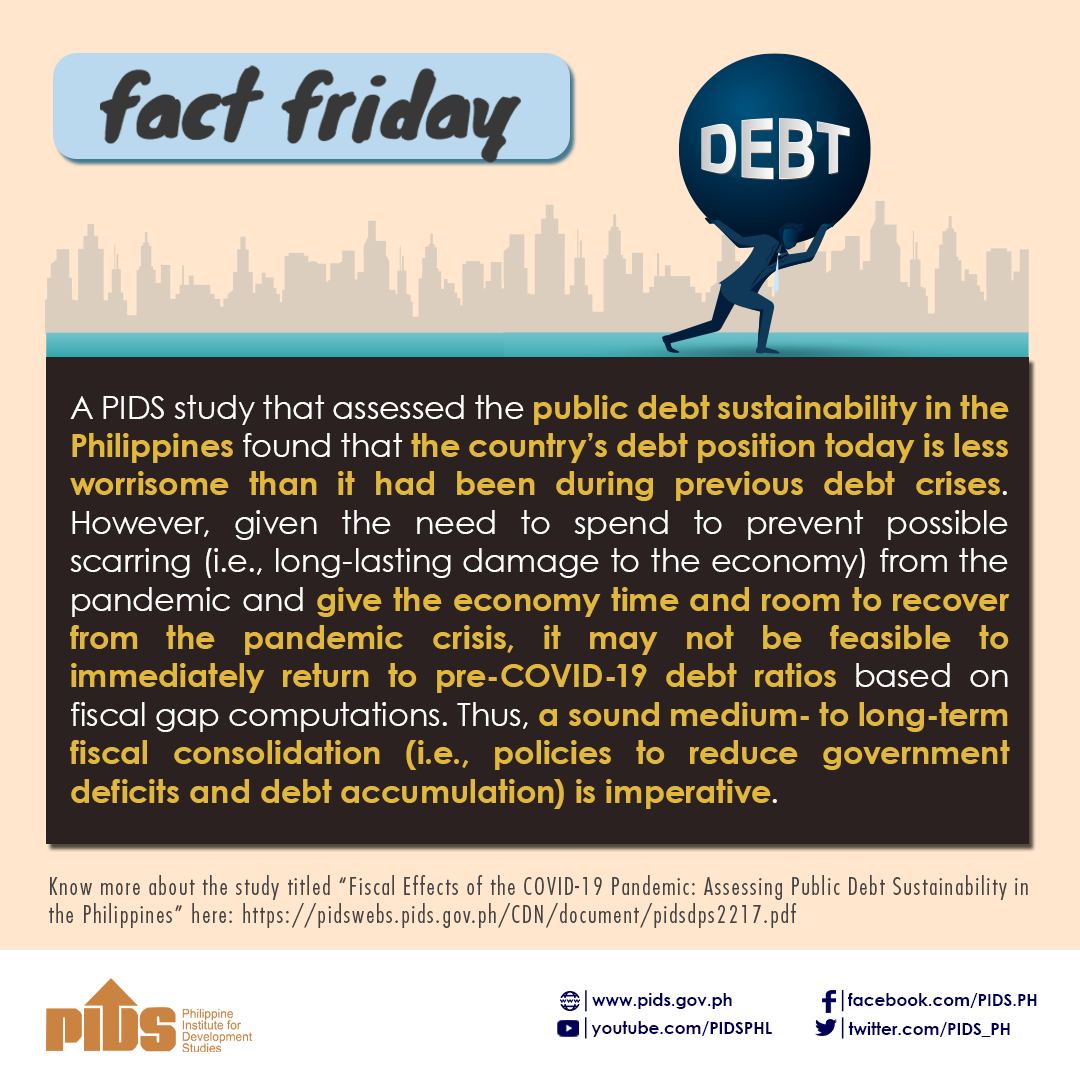Despite the country’s massive debt, Sen. Sonny Angara on Wednesday said the outgoing administration observed responsible borrowings during the COVID-19 pandemic, noting that the government should match this with productive spending as well.
Angara, who will keep his post as head of the Senate finance panel, noted that most countries also increased their borrowings to fund the dole-outs they provide to low-income families and small businesses during the health crisis.
“The administration did a fair job in trying to do so without overstepping our bounds—without borrowing too much. I think we still stayed on the side of responsible borrowing,” claimed Angara on One News’ The Chiefs. “I think it’s still on the side of reasonable.”
As of April, the Bureau of Treasury said the total debt has already reached P12.76 trillion, taking up more than 63% of the country’s gross domestic product (GDP). In a study, the Philippine Institute for Development Studies estimated that the debt-to-GDP ratio might peak at 66.8% by 2024.
President Rodrigo Duterte justified the large loans under his term because of the limited resources to fund his programs. He said the government was pushed to borrow to avoid any collapse. He also repeatedly said during the height of the COVID-19 pandemic that the government has no more money.
“Walang gobyerno sa mundong ito na walang utang. Because ‘pag maghinto ako ng utang at kinulang ‘yung taxes na nakolekta ko, I have to borrow money,” said Duterte during the meeting of his anti-communist task force in Cebu last April.
Incoming Department of Finance secretary Benjamin Diokno has remained confident that the country can “easily outgrow” its huge debt as long as the economic growth would be sustained. He also pointed out that a larger bulk of the amount was taken from domestic sources.
Diokno, the outgoing governor of Bangko Sentral ng Pilipinas, also noted that the country is “in a better place right now” due to a better tax system and increasing imports. Despite concerns, he stressed that the Philippines would unlikely fall into the same situation as that of Sri Lanka which is experiencing its worst economic crisis in recent history.
Last January, President-elect Bongbong Marcos Jr. claimed that the country was still in a “relatively good position” since other nations have a much higher debt-to-GDP ratio.
Angara said the next administration would likely need to continue getting loans to sustain its plans. But he stressed that the government must also focus on making “productive spending” to ensure that funds are properly allocated to specific needs such as infrastructure and education.
“The challenge is to make revenues grow proportionally,” said Angara. “The second challenge is to spend in such a way that your spending is productive, you’re spending on things which really benefit the people and which will pay dividends over the long term.”




